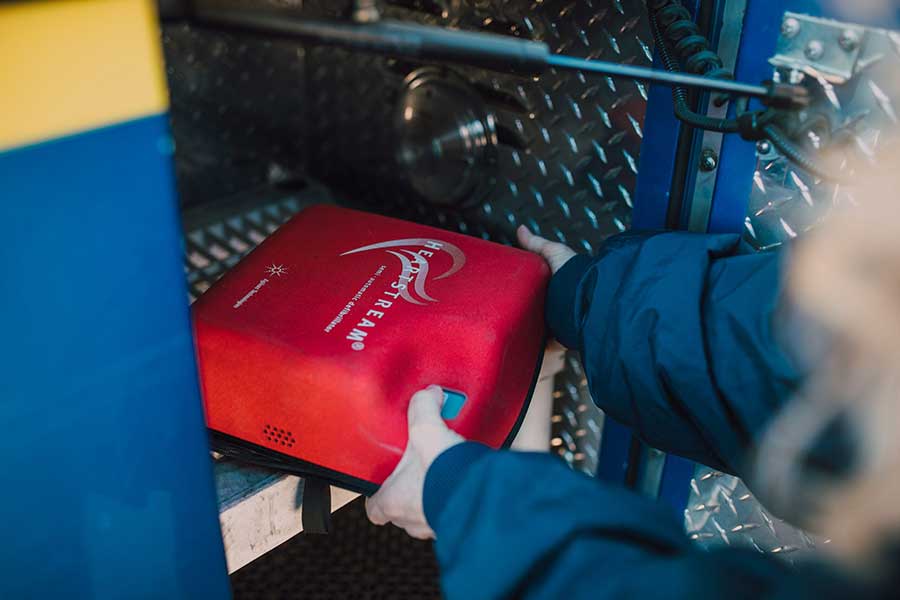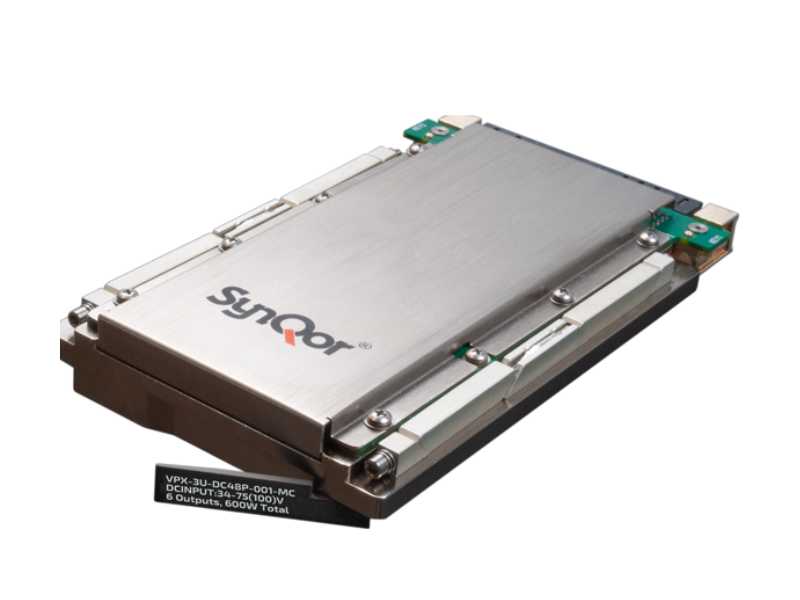The U.S. Food and Drug Administration (FDA) has added both wearable and non-wearable AEDs (defibrillators) , chest drains/suction canisters and autotransfusion systems to the list of medical devices in short supply.
This is due to the level of supply expected for at least the rest of 2022.
The FDA cited this due to both an increase in demand for these devices and a global shortage of semiconductors used in their manufacture.
In a footnote, the FDA added there is a global shortage of semiconductor chips that are essential to some medical devices. The regulator linked to the footnote in its description of the problems with a component, part or accessory that are affecting AEDs. Six entries — two AEDs and four ventilators — are linked to the chip shortage.
The shortage of semiconductors has been occurring throughout the Covid-19 pandemic, mainly due to manufacturing disruption and high demand for cars and consumer electronics.
To avoid electronics supply-chain disruptions, you may also wish to consult an expert in electronics component supply. With more than three decades of supply-chain expertise, Astute Electronics is ideally placed to work with you on your daily component requirements.
For more help with looking at supply chain options, contact Astute Electronics






